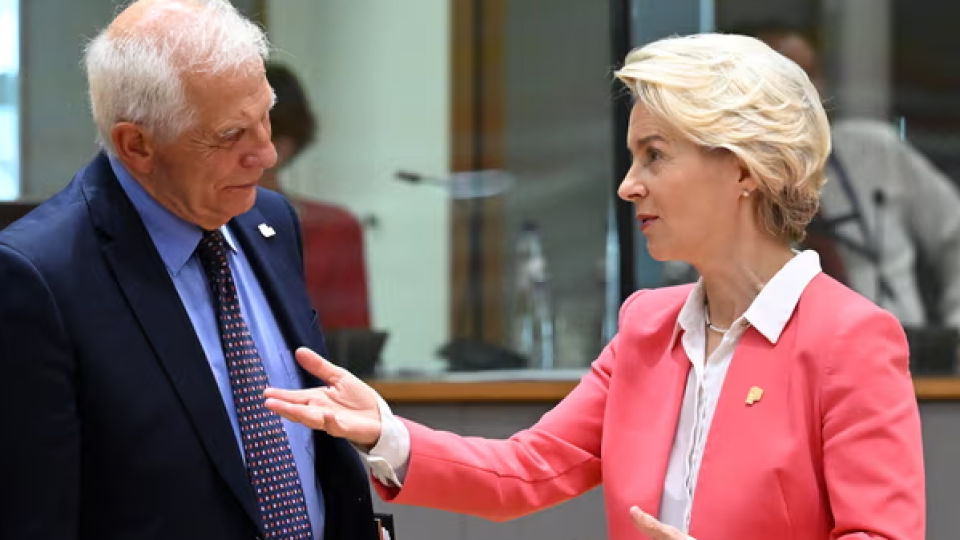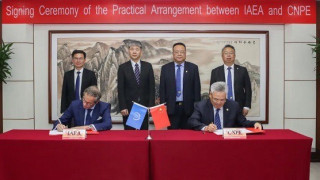In July, European Commission President Ursula von der Leyen entered into a migration pact with Tunisia, a move that has now come under scrutiny and criticism from some EU member states. Here are the key points from this situation:
-
Incomprehension from EU Member States: Several EU member states expressed "incomprehension" over the European Commission's decision to unilaterally enter into a migration pact with Tunisia. This dissatisfaction was conveyed both verbally and in writing.
-
Letter from Josep Borrell: Josep Borrell, who serves as the EU's chief diplomat responsible for foreign affairs, sent a letter dated September 7, expressing these concerns. The letter was addressed to Olivér Várhelyi, the European Commissioner for neighboring countries.
-
Lack of Consultation: According to the letter, member states raised concerns about the commission's unilateral action in concluding the memorandum of understanding (MOU) with Tunisia and had reservations about some of its contents. It also suggested that proper procedures were not followed, and the MOU could not serve as a "valid template for future agreements."
-
Aim of the Pact: The migration pact with Tunisia was intended to address and reduce the flow of migrants from Tunisia to Europe. Tunisia had become a significant route for human smugglers after Libya became too dangerous even for organized criminal groups.
-
Timing of the Letter: It is not entirely clear why Borrell wrote this letter two months after the deal was signed. However, it appears to be an effort to prevent similar unilateral agreements with other North African countries in the future without proper consultation with EU member states.
-
Recall of a Previous Incident: The letter referenced a previous clash between the European Commission and member states, likely to emphasize the importance of proper consultation and procedures. This may be an attempt to ensure that such unilateral actions do not become a trend in EU policymaking.
Overall, this situation highlights the challenges and complexities surrounding migration policies within the EU, as well as the need for coordination and consultation among member states when entering into agreements of this nature.








Leave a comment